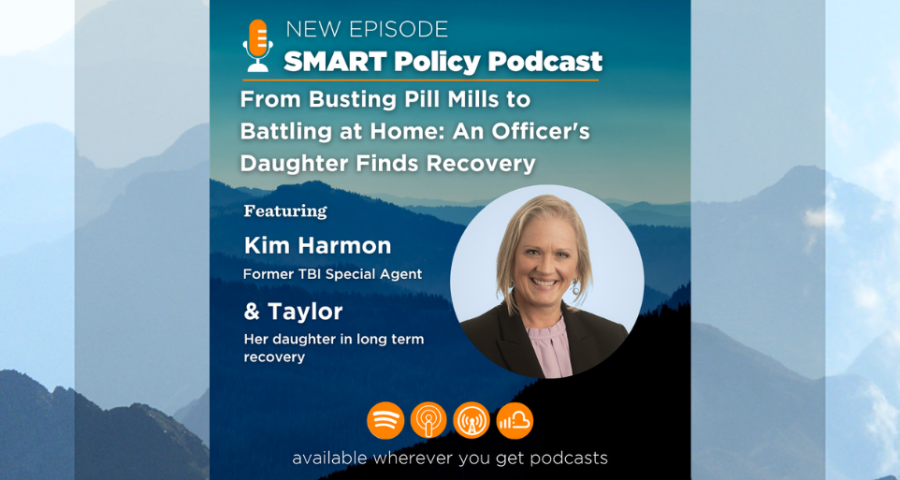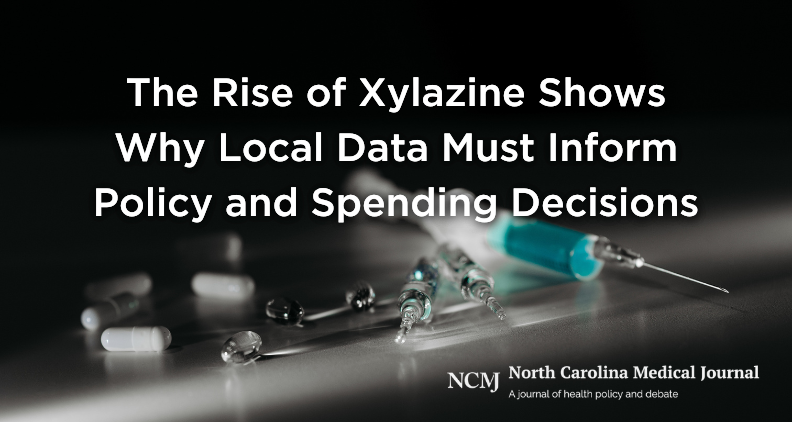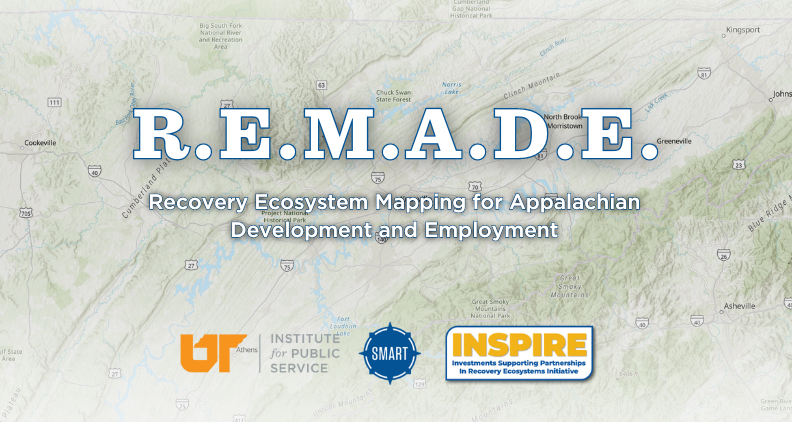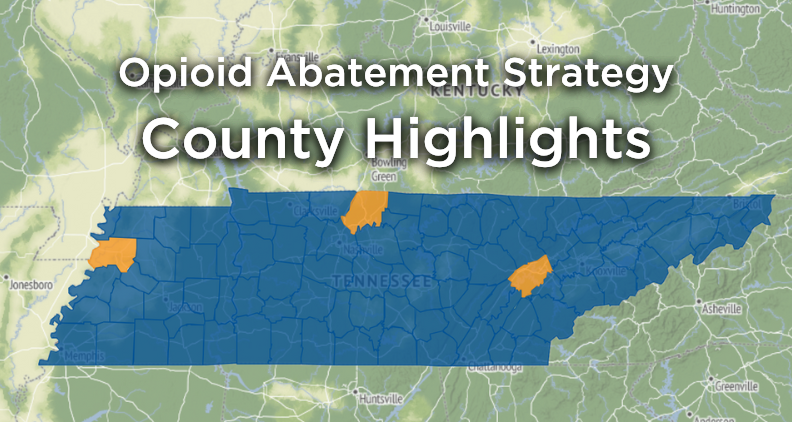March 30, 2025 is a crucial date for counties’ opioid settlement activities for multiple reasons. Not only is the next Opioid Abatement Trust Fund allocation & spending report due on March 30, this is also the deadline for allocating funds from 2023. If your county has any opioid abatement funding
Opioid Settlement Updates – Critical Deadline










